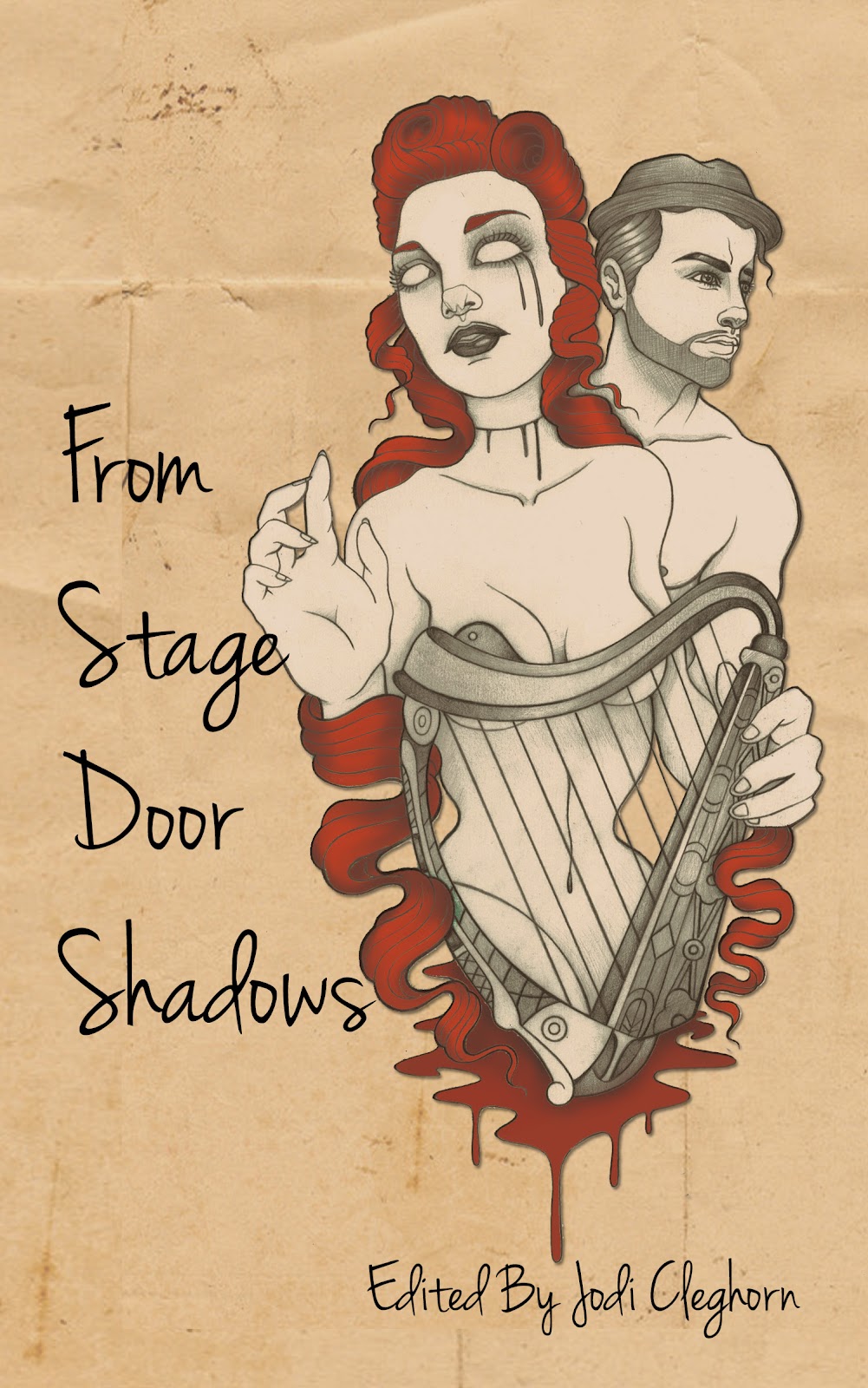There has been a general fear as of late that PC gaming is dying a slow and painful death to the consoles. Well, there’s quite a few reasons why it isn’t true, but also because it is changing as well. When EA clamps down with draconian “you can only install this 5 times then your game stops working” DRM software, which also has a history of ruining optical drives on computers, you can see where gamers would get a little upset. Seeing your expensive rig lose a piece of valuable hardware you spent your hard-earned money on tends to make you a teensy bit mad.
It’s been awhile since Brad Wardell announced his ambitious Gamer’s Bill of Rights, in conjunction with Gas Powered Games. The thought process behind it was interesting and laudable, but is it actually something game studios are going to adopt and use? Possibly with a sticker on their boxes proclaiming that their title is “Gamer Bill of Rights Approved”?
I’ve decided to go through each one of them and offer my own analysis and feedback.
First, I will say this: the PC world has been in need of something like this for quite some time, even if it doesn’t want to acknowledge it. The whole “Games for Windows” initiative strives to fulfill something similar, although much more invasive and just plain doesn’t work most of the time.
Second, Brad Wardell may only be looking at this from the perspective of trying to generate good press for Stardock. If so, he did a great job at it. But is he going to eat his own cookies?
Okay, on with the gamer-rightering…
Preamble:
We the Gamers of the world, in order to ensure a more enjoyable experience, establish equality between players and publishers, and promote the general welfare of our industry hereby call for the following:
It’s a nice preamble establishing what this whole thing is about. It seeks to alleviate many of the problems, both real and imagined, on both sides of the gaming fence.
The Rights
1. Gamers shall have the right to return games that don’t work with their computers for a full refund.
In general I agree. This is a good catch-all for the other rights that he outlines. PCs, as opposed to their console brethren, are distinct creatures, each one of them. The game studio cannot expect their game to work on every single hardware combination out there, as much and as hard as they try to in many cases.
However, I would counter that game makers should also employ the idea of a small sentinel program that could do a hardware check on the player’s computer in case they’re not sure first, and tell them honestly what kind of experience they might have if they tried playing it on their computer.
These kinds of programs are absolutely trivial to implement nowadays and can be made available for download off the game maker’s site for free, to let somebody know in advance what they can expect in straightforward language that’s easy to discern.
2. Gamers shall have the right to demand that games be released in a finished state.
On the surface this makes sense. Putting a marketing wonk in charge of a release date and saying that you must be at gold status prior to said date invites disaster. And throwing more people and more money at the problem does not solve it, rather the opposite in fact.
The problem here is that “finished state” can be considered nebulous. Finished state for the developers might mean one thing, while to the people playing it (i.e., the customers) might mean something else. It would be better if “finished state” were better defined.
And indeed, in the Edge interview he does get into a little bit:
Users want support for a game after it’s released. Believe it or not, they don’t want buggy software that gets maybe one patch after launch. Gamers want a reasonable amount of support post-launch.
Okay, fair enough. Support for a game after it’s released is to be expected these days. But how exactly does this tie into “released in a finished state”? A patch may fix some unforseen bug that could only be found by putting the game out in the wild. That’s not exactly the fault of QA, although if many bugs are found after release then you may want to go back and look at your QA test plans to see if something is amiss.
Launching a game in a “finished state” to me, however, means something a little bit different. It means that not only is the game complete in the sense that you can play all the way through, it also means that the installer won’t hiccup (not likely these days but still a possibility), but, is also easy to configure for my particular hardware setup, such as graphics, sound, controls.
4. Gamers shall have the right to demand that download managers and updaters not force themselves to run or be forced to load in order to play a game.
It should go without saying that this is a good idea. Some people like the idea of an automatic updater for their game, until it has to automatically download a 500MB patch when all they wanted to do was play the game they paid for.
Oh, and that also means having an updater/patcher system that is smart about how to update not only the game, but itself as well. There’s no reason the updater should not receive the same TLC that the game does. It’s an end-user tool that should work as advertised.
The updater/patcher program should also be a separate entity altogether to avoid not only bloat but entanglement issues within the game engine rather than existing without. Being able to handle updates outside of the game environment is not only handy, but the one place I and many other gamers would likely handle such tasks.
5. Gamers shall have the right to expect that the minimum requirements for a game will mean that the game will adequately play on that computer.
Again, we go back to #1 up top. Knowing in advance if your computer can handle the minimum requirements could be better suited to a small program that will tell you in plain English (or Farsi, or whatever your language of choice is) what you can expect from the game given your hardware specs.
6. Gamers shall have the right to expect that games won’t install hidden drivers or other potentially harmful software without their express consent.
Amen. Preach on brotha! Starforce and its ilk deserve to be consigned to the slimy netherworld. They are essentially corporate-mandated rootkits foisted upon the unsuspecting public that do more harm than good. And they have been proven to do nothing against piracy but do cause harm to the second-hand games market and to the legitimate players themselves.
If you’re an executive at a game company reading this and have licensed DRM technology in your game, go get your head checked. Someone sold you a bad bill of goods that will only serve to damage your reputation. It’s time to spit out the Kool-Aid.
That said, if a company (*cough*EA*cough*) wants to do something like this, then express consent should be given at several steps. The first step is on the packaging: a big bright label proclaiming that this game uses anti-copy circumvention software. Don’t even have to say by whom, although that might make it more enlightening for the consumer to get the list of secret ingredients.
The other step comes during the installation. Give them a choice early in the installation process, say the first step. A warning dialog box that says this game comes with anti-copy circumvention software, then ask them if they want to proceed. They click no, the game doesn’t install, and neither does the DRM rootkit. No harm, no foul.
7. Gamers shall have the right to re-download the latest versions of the games they own at any time.
Okay, I’ll buy into this for a second. As a gamer who purchased a game, getting a new copy of it for some legitimate reason (CD or DVD lost/destroyed), is double-plus good. Making sure they’re the person that purchased said software puts the onus on me, but it’s one I don’t mind. CD keys, as I had said in an earlier post, are still good, even if there is no physical CD medium.
But, where are the CD keys located 99.999% of the time? On the case. And if you lose the case? Ooops. Keeping them in encrypted format either locally on the hard drive or with a backup copy on a game server would be handy too. And of course you’d need an easy-to-use interface to go along with it, much like the Steam or Impulse clients. Hey, wait a sec, Impulse is from Stardock; is there a possibility that #6 is entirely motivated by bias?
8. Gamers shall have the right to not be treated as potential criminals by developers or publishers.
Yes. Easy enough to do, if you go into it not paranoid to the nth degree. Again, I refer back to executives drinking too much Kool-Aid and wasting developer time and money implementing DRM. I certainly don’t like being treated like a criminal, considering the fact that I’m not one.
When you want to sell a game to potential customers, try not to alienate them. They tend to not buy your products after that.
9. Gamers shall have the right to demand that a single-player game not force them to be connected to the Internet every time they wish to play.
Fair enough. I’d propose a small compromise here: allow the game to at least check itself in over the Internet the first time it runs with a key confirmation to ensure it’s legitimate. Then let them play to their heart’s content. Being overly aggressive on confirming a single-player game’s installation authenticity when there is no need to only serves to frustrate and discourage people from buying not only your current game, but any one in the future from the bitter taste in their collective mouths.
10. Gamers shall have the right that games which are installed to the hard drive shall not require a CD/DVD to remain in the drive to play.
I’ll give this one a fair shake and say okay to it.
What about Extended CDs? Having extra audio tracks play on the CD while the game is running would be nice, without having to download a ton of music tracks to the hard drive, and thereby lessening the install footprint. Of course, these days hard drives aren’t exactly small and this might be a moot point. Maybe not 15 years ago, but in 2009, no way.
There’s also another possibility here, one that a few games used to have as a feature but fell by the wayside: custom soundtracks playable by CD or otherwise elsewhere. My original XBox had this nice playback feature that was available in several different games, and it actually made playing those games more enjoyable.
Afterthoughts
There were a few other things I wished Brad Wardell would have addressed, but I think they do go outside of the scope of this document, such as multiplatform experience. Since Stardock makes its bread and butter on Windows, it’s the one safe bet he’s counting on in terms of platform when he talks of these rights. And Windows is also a safe bet when it comes to any other PC game development house out there, so we won’t get into that.
All in all, it’s not that bad of a document, but I think for something like this to catch on it needs another draft that has a little more polish put to it. Hopefully this, or something like it, will be taken up by more game studios in the future as a kind of “Seal of Assurance” like Nintendo has for its products.





